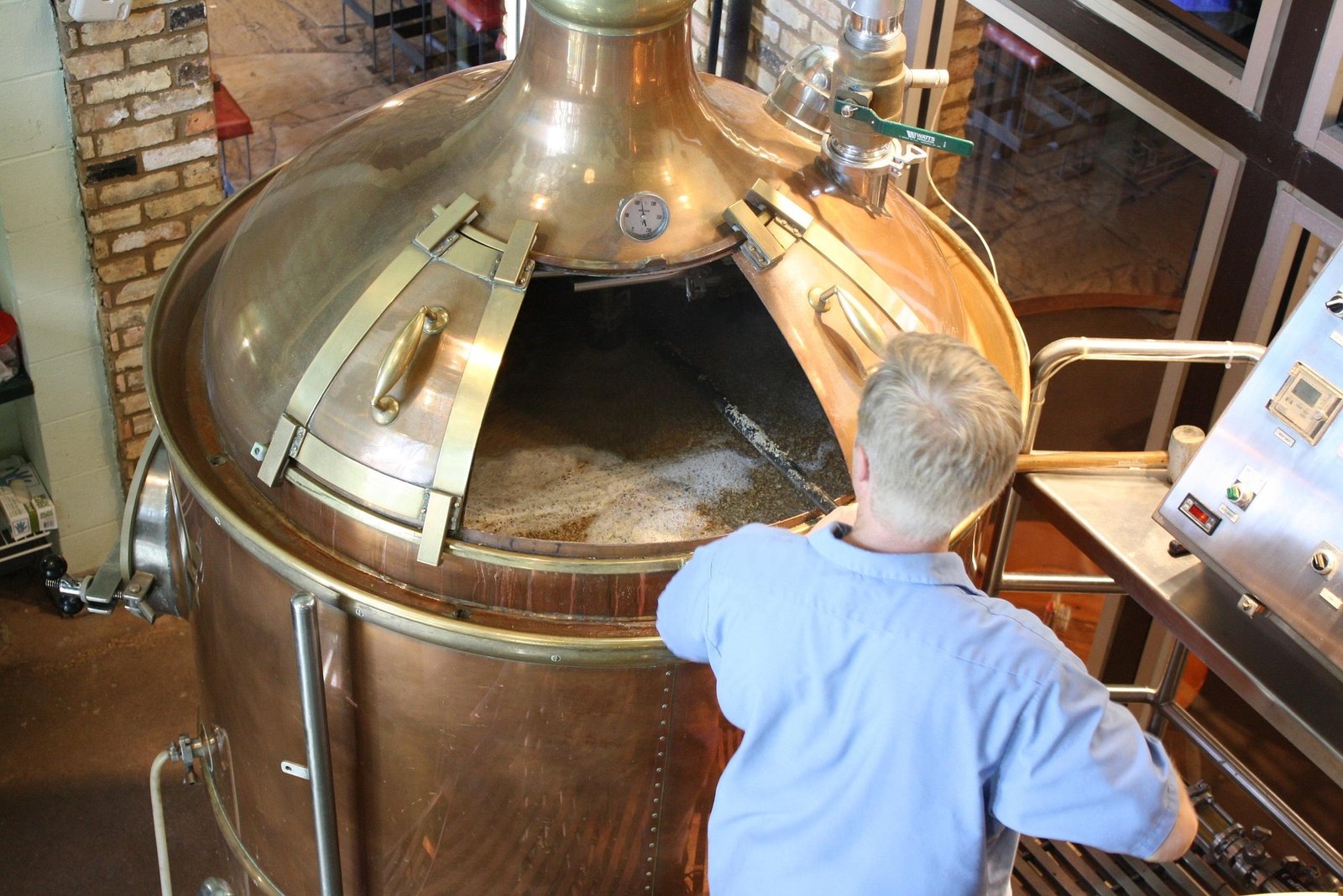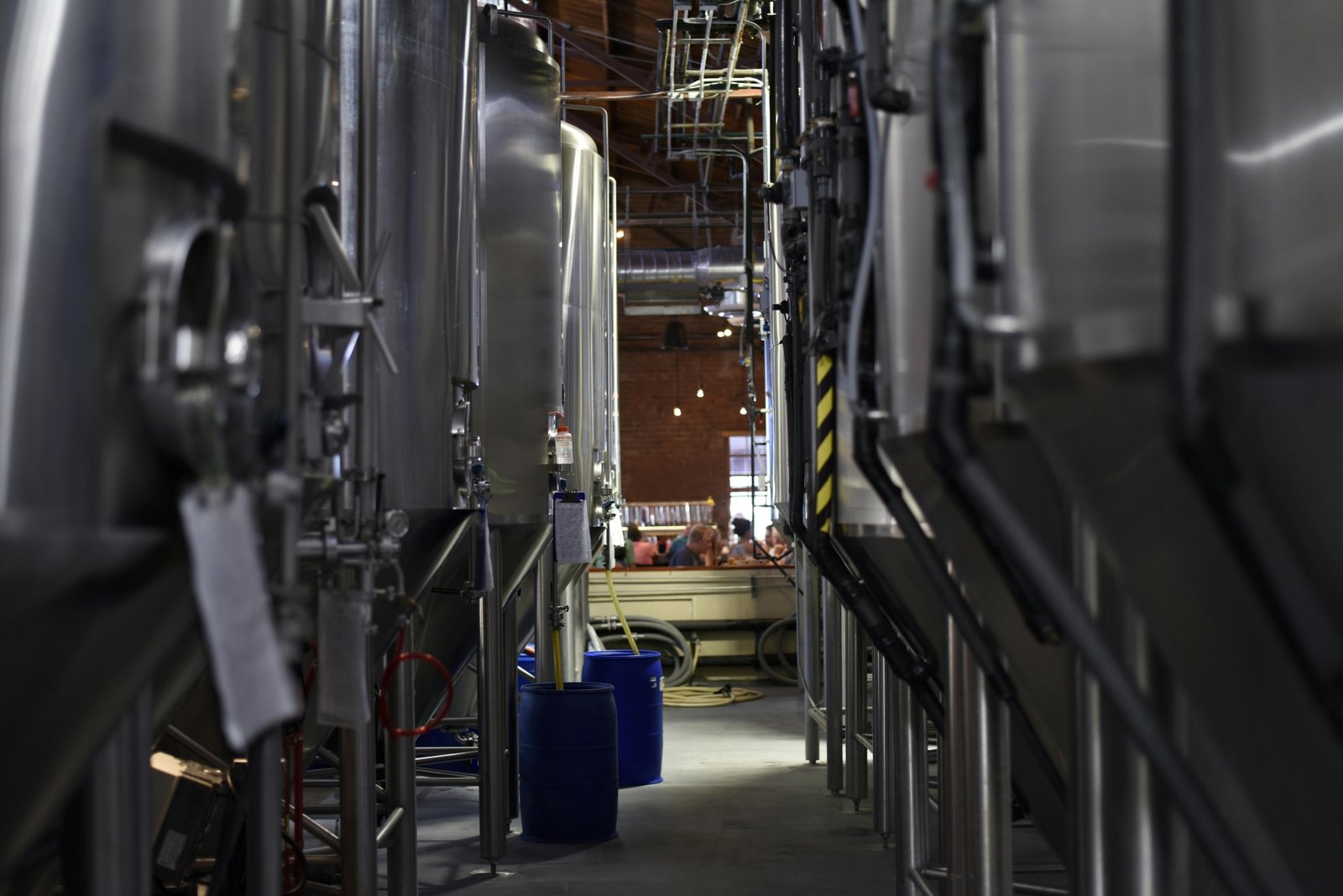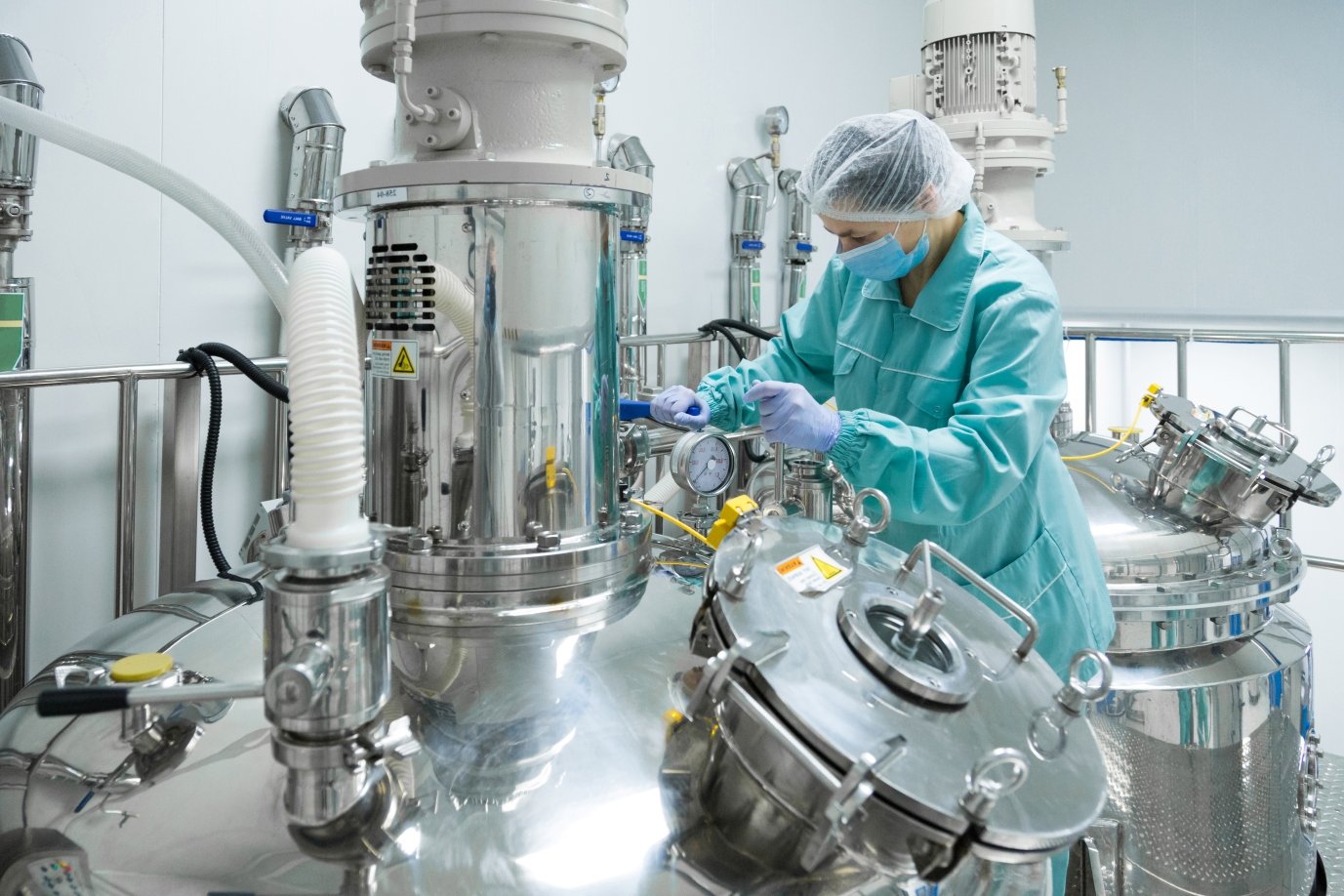What Role Do Prerequisite Programs (PRPs) Play in FSSC 22000 Compliance?
When it comes to FSSC 22000 compliance, many companies focus heavily on the HACCP plan and risk assessments. However, the foundation of a strong food safety system lies in Prerequisite Programs (PRPs). Without robust PRPs, even the best HACCP plan cannot function effectively.
So, what exactly are PRPs and why are they so critical in achieving FSSC 22000 certification? Let’s explore.

1. Establish the Basic Hygiene Environment
-
PRPs define the minimum conditions required for safe food production.
-
They cover aspects like facility design, employee hygiene, and equipment maintenance.
-
Without PRPs, HACCP controls cannot function properly.
2. Control Sources of Contamination
-
PRPs reduce risks of biological, chemical, and physical hazards before they enter production.
-
Examples include: pest control programs, cleaning schedules, and supplier approval systems.
-
By controlling external risks, PRPs minimize potential hazards in final products.
3. Support HACCP Effectiveness
-
PRPs manage general risks so HACCP can focus only on critical control points (CCPs).
-
They simplify hazard analysis by addressing low-level risks in advance.
-
Strong PRPs mean fewer CCPs and a more efficient HACCP plan.
4. Standardize Daily Operations
-
Provide clear Standard Operating Procedures (SOPs) for staff.
-
Ensure consistency in cleaning, sanitation, and equipment calibration.
-
Help employees understand and follow correct practices every day.
5. Strengthen Regulatory Compliance
-
PRPs align with ISO/TS 22002-1 requirements in FSSC 22000.
-
Cover essential legal requirements such as allergen control, traceability, and labeling.
-
Demonstrate compliance during audits, reducing risks of non-conformities.
6. Improve Employee Awareness and Training
-
Workers trained under PRPs understand hygiene and safety basics.
-
Staff become proactive in spotting contamination risks.
-
Regular PRP training improves compliance culture across departments.
7. Reduce Costs and Operational Risks
-
Prevent contamination issues before they escalate to recalls.
-
Minimize downtime caused by poor cleaning or equipment failure.
-
Protect brand reputation and consumer trust with consistent safety practices.
8. Build a Strong Foundation for Certification
-
PRPs form the backbone of FSSC 22000’s management system.
-
Auditors will assess the implementation of PRPs as evidence of compliance.
-
Companies with strong PRPs achieve certification faster and with fewer corrective actions.
Final Thoughts
Prerequisite Programs (PRPs) are not optional checklists — they are the foundation of FSSC 22000 compliance. They provide the essential conditions for safe food production, support HACCP effectiveness, and ensure consistent regulatory compliance.
👉 At CAYS Scientific, we guide businesses in developing practical and effective PRPs that make FSSC 22000 compliance smoother and more cost-efficient.



